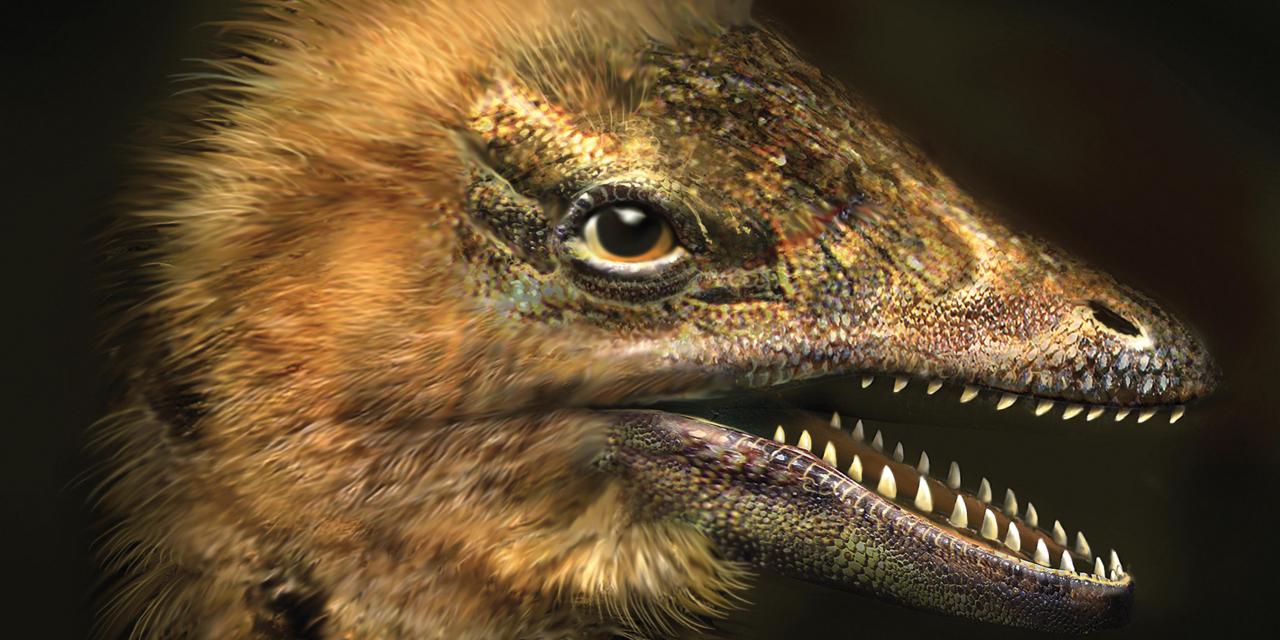 |
| Modfied chicken head. Artist's view Image BBC Earth |
"I wanted to know what the beak was skeletally, functionally and when this major transformation occurred from a normal vertebrate snout to the very unique structures used in birds."Read the entire BBC Earth article from here.
To begin to understand this, the team trawled though changes in the ways genes are expressed in the embryos of chickens and several other animals. They looked at the embryos of mice, emus, alligators, lizards and turtles, representing many of the major animal groups.
They found that birds have a unique cluster of genes related to facial development, which the non-beaked creatures lacked.
When they silenced these genes, the beak structure reverted back to its ancestral state. So too did the palatal bone in the roof of the mouth.
Bhart-Anjan Bhullar of Yale University in New Haven
On the right track
If additional studies confirm the identification of the "beak genes" and that silencing them brings forth earlier stages in the evolution of bird beaks this is, of course, major indicator that human understanding of evolutionary biology as written in the DNA book of life is on the right track.
That is where the changes take place and become permanent shaping the creature on the basis of existing features into something new and different.
Into Jurassic Park through a different gate
Since this sort of tinkering with genes can have unpredictable results not only to chicken but who knows what Fly comes out from the egg in next round - the research team wisely did not hatch the egg containing the modified embryo.
 |
| Michael Crichton (1942 - 2008) Image Wikimedia |
Forbidden or not, human curiosity will sooner or later lead somewhere in the world lead to the awesome hatching and then Michael Crichton may turn out to be an even more important prophet of modern times then currently understood, a Jules Verne of the 21st century.
No comments:
Post a Comment